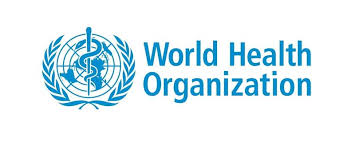
WHO Issues Alert on Falsified Diabetes and Obesity Drug
The World Health Organization (WHO) has issued a warning about falsified semaglutide medications, commonly used to treat type 2 diabetes and obesity. The alert specifically mentions three falsified batches of the drug, branded as Ozempic, discovered in Brazil and the United Kingdom in October 2023, and in the United States in December 2023. According to WHO’s Global Surveillance and Monitoring System (GSMS), there has been an increase in reports of falsified semaglutide products worldwide since 2022. This is the first official alert following confirmation of these reports.
"Healthcare professionals, regulatory authorities, and the public should be aware of these falsified batches," stated Dr. Yukiko Nakatani, WHO Assistant Director-General for Essential Medicines and Health Products. "We urge stakeholders to halt the use of suspicious medications and report them to relevant authorities"
Rising Demand and Risks of Falsification
Semaglutides, including the falsified Ozempic, are used to manage blood sugar levels in people with type 2 diabetes and to reduce the risk of cardiovascular events. These drugs are typically administered via weekly injections or daily tablets. They are also increasingly prescribed for weight loss due to their appetite-suppressing effects. The rising demand for semaglutides has led to more instances of falsification. These fake products pose significant health risks. If they lack the proper ingredients, they can result in unmanaged blood glucose levels or ineffective weight management. In some cases, falsified products might contain other active ingredients, such as insulin, leading to unpredictable health complications.
WHO's Position on Semaglutides
Despite their benefits, semaglutides are not part of WHO's recommended treatments for diabetes due to their high cost, which limits their accessibility in resource-constrained settings. WHO advocates for more affordable treatments that provide similar benefits for managing blood sugar and cardiovascular risk. WHO is developing guidelines on the potential use of GLP-1 receptor agonists (GLP-1 RAs), which include semaglutides, for treating obesity in adults. GLP-1 RAs are a class of medications that help lower blood sugar and support weight loss.
Advice for Patients
To avoid the dangers of falsified medications, patients should purchase medicines only with a prescription from licensed physicians and avoid buying medicines from unverified sources, especially online. They should also check the packaging and expiry dates of their medications and use medications strictly as prescribed. Staying vigilant and informed can help protect against the harmful effects of falsified drugs.